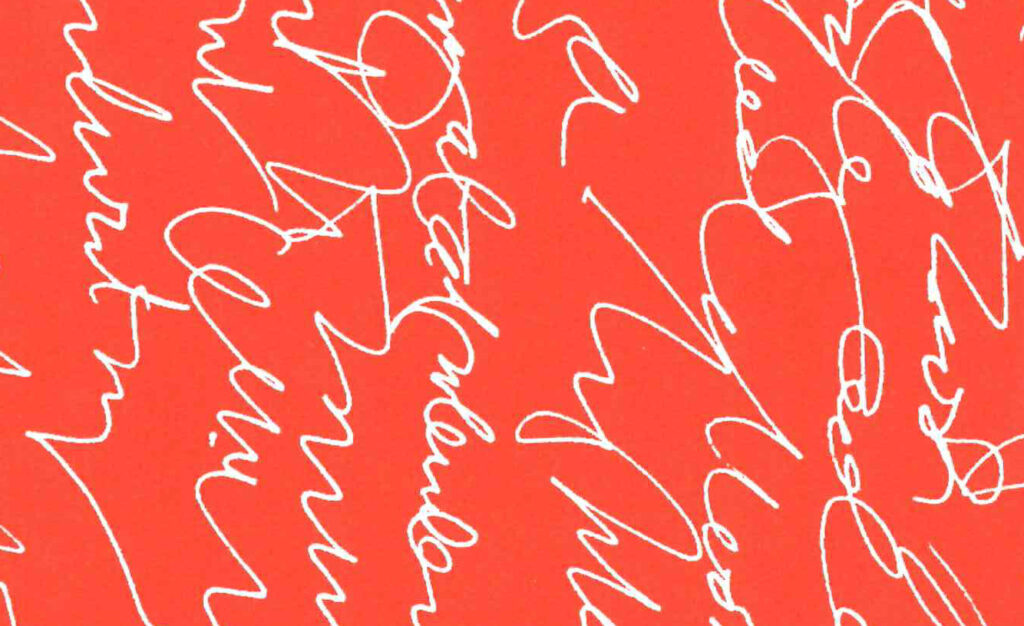The Most of It
by Mary Ruefle
Wave Books, $11.95 (paper)
Geoffrey O’Brien, editor-in-chief of the Library of America, writes, “writing—a part of life and yet not of it—is the medium that permits movement through, across, beyond.” He is referring to Elizabeth Hardwick’s generically hard-to-classify classic Sleepless Nights, but he could just as easily have been discussing Mary Ruefle’s The Most of It. Appearing after ten poetry collections, the book is billed as Ruefle’s debut fiction collection and contains thirty very short stories—or rather, thirty prose blocks that run to the ends of the pages without line breaks. To place the book into a clear generic category is to sell it short, or to suggest that it demands to be read one way and not another. Some of the pieces in this small and marvelous work do, of course, read like straight short stories—such as the “The Diary,” about a young girl growing up on her father’s “diary farm”—but so too do some seem like prose poems, some like essays, and some like all three. Some read like psalms or meditations, and others like little philosophical pensées. In “If All the World Were Paper,” for instance, Ruefle argues that, “long before one of the living comes to such a conclusion—that life is unreal—he first passes through the conclusion that reading is unreal, unreal because it is literally an imaginative act, so much so that no one actually reads.” One piece, “A Romantic Poet and His Destiny,” even veers into the territory of mini-biography, comprising a charming, page-long summary of the life of the poet Heinrich Heine, which concludes, “After he died, his whole estate went to his widow on the condition she would marry again so there would be at least one man to regret his passing.” By turns droll, witty, heartfelt, and fanciful the pieces in The Most of It, whatever you choose to call them, offer something for every taste and temperament, which seems only fitting for a book that is dedicated “TO YOU.”








